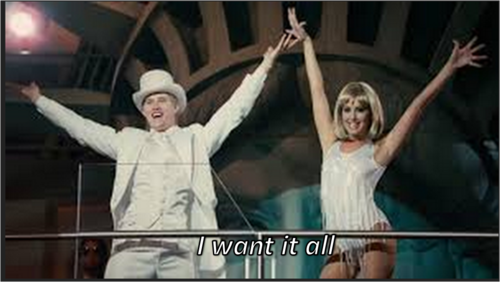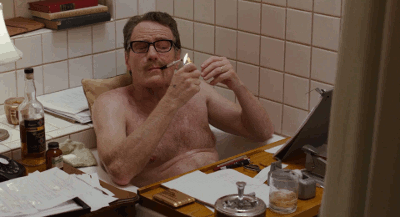How do you film
a 20 minute epic fantasy adventure short film in three days with no budget
while you’re in school?
If you said blackmail, slave labor, or sell your soul to the devil, then you're a horrible person. Also, you are probably a filmmaker. Also, have you been reading my notes?
 |
| Also, can I introduce you to this guy? |
(If you didn’t get that joke it means you haven’t seen the short film yet. Which you can rectify below and then read it again to laugh uproariously. )
I did this question back when I made my last student film Happy Never After. After filming my previous film over six weekends in a schedule that made
everyone involved hate life (and me) and pray for the I they knew would not come I decided to try a different strategy: one,
breakneck pace weekend where we work like crazy and get everything done. As crazy as it sounded--and it sounded Joker, Annie Wilkies, and Norman bates on a road trip in a stopped car crazy--it worked. What I learned helped me learn the best ways to use your time best to
get the most from your crew in the shortest amount of time.
1. Preplan,
preplan, preplan.
Everything that
went right that weekend went well because we pre-planned things well. Everything that went wrong went wrong because we didn’t pre-plan enough.
The Cinematographer, Forest Erwin, and I went over the vision for the look of the film and the
shots and scenes beforehand so we knew exactly what we were shooting, where,
when, and for how long. We figured out we could save so much time if we divided
our shoot into everything we filmed in the FiDi (Ron/Sarah’s coffee meeting,
flashback, walk by the water) Day 1, the chapel scene Day 2, and everything
else in Brooklyn (zombie chase, funeral, party) Day 3. This served us amazingly
well. This meant everyone knew where they should be when and for how long and
could plan their other stuff accordingly.
2. Have
dedicated people.
You can’t
convince people to give up so much of their weekend for free unless they really
want to be there. Nobody will do it unless they really like you or really like your idea. Fortunately, I had both. I had made a lot of amazing friends while at school who wanted to work with me, and a great script I'd written that people loved. My cinematographer
was excited about the project, my actor friends were excited about it. Everyone
wanted to make it work and so they put in the work to make sure it did. They even convinced their friends and family to be on the project too. Most of the extras where there because of our line-producer, Deryka Tso. We got the church because of Forest. If they didn't, the movie could not have happened. So make friends and have a good script is the lesson here.
Was it hard? It was hard, but selling your soul to the devil is more costly in the long run.
Don't ask me how I know.
What say you?
What are stories you have about making a film at a breakneck pace on no budget?
Let me know in the comments.






